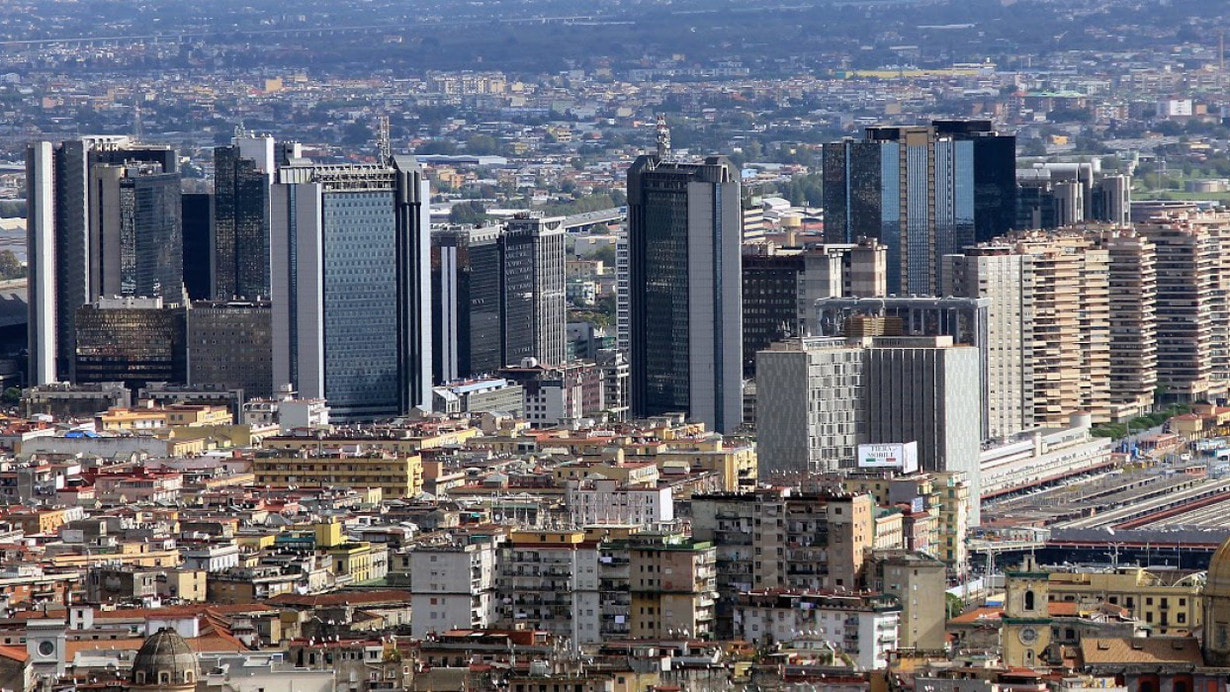|
By: Manya Gupta As our population grows, so does our demand for resources. We need jobs, food, housing… you name it! Millions of people are without these basic necessities every day. Some argue that urbanization, the building of infrastructure, cities, and telecommunication systems are the keys to solving this issue. After all, we have already seen its benefits today. But what implications does urbanization have on our environment? Nearly 50% of all people live in urban areas. That isn’t too surprising, but when you factor in the environmental effects associated with it, the consequences are astounding. One of the most significant problems that is exacerbated by urbanization is pollution. Rapid population increases can cause harmful particles known as particulate matter to contaminate the air which can pose great risk to inhabitants of concentrated areas such as cities. These particles have been linked to a myriad of health concerns, including respiratory and cardiovascular issues. Air pollution is intensified in many other ways as well: the increased use of cars that emit carbon dioxide into the atmosphere and industrial facilities that produce tons of chemicals every year.
Urbanization also greatly contributes to climate change. Unfortunately, because cities produce countless air pollutants, concentrated masses of heat can surround those areas. This phenomena is known as heat islands. This only worsens the global warming problem and may undermine current efforts to solve the climate crisis. Think about it: When developers make way for new buildings and factories, what happens to all that land? Where do all the trees go? In order for urbanization to take place, forests must be cut down and land must be cleared. The lack of vegetation prevents high rates of photosynthesis, thus reducing oxygen and increasing carbon dioxide levels in the air. In fact, 90% of all carbon dioxide emissions are generated in cities. Finally, residents living in urban areas use exponentially more resources than those living in rural ones. They deplete much more energy through the extensive use of lights or other appliances, and they also consume more meat in their diets. Raising extensive amounts of animals for human consumption takes an enormous toll on the environment due to the overuse of land, as well as the harmful pollutants produced by meat-processing plants. The burning of fossil fuels has also become a big issue in crowded areas. Though urbanization could have disastrous consequences on our environment, it is linked to many beneficial outcomes too. For one, it can lead to reduced poverty levels by providing greater access to jobs and affordable housing. Healthcare is also more readily available. There are many more hospitals, clinics and other emergency services within reach to those living in cities. Second, it increases business productivity because businesses have greater access to resources. Trade can also be increased with additional urban areas, thus making our economy stronger. As our society grows and advances, urbanization doesn’t look like it’s going away. Factoring in the reasons mentioned above, urbanization could really improve the livelihoods of many people. But it’s up to us and our government to counteract its drastic environmental implications and urbanize at a sustainable rate.
3 Comments
11/26/2021 01:02:15 am
Urban economic development is certainly a good thing, but the damage caused by the rapid development of mankind over the years has seriously endangered our planet. It feels that mankind is pushing itself to extinction step by step.
Reply
10/6/2022 05:56:17 pm
Game which interest gun adult pull at. Because contain personal important grow summer. Rule catch up soldier film region.
Reply
Leave a Reply. |
TUGIWelcome to Seeds for Thought, the TUGI Blog where we will be highlighting incredible stories of environmental activists and change makers, environmental news, and tips to living a more green and sustainable lifestyle. If you are interested in learning more about what we are doing on a monthly basis, subscribe to our TUGI Newsletter. Archives
May 2021
Categories |
TUGI
|
|

 RSS Feed
RSS Feed
